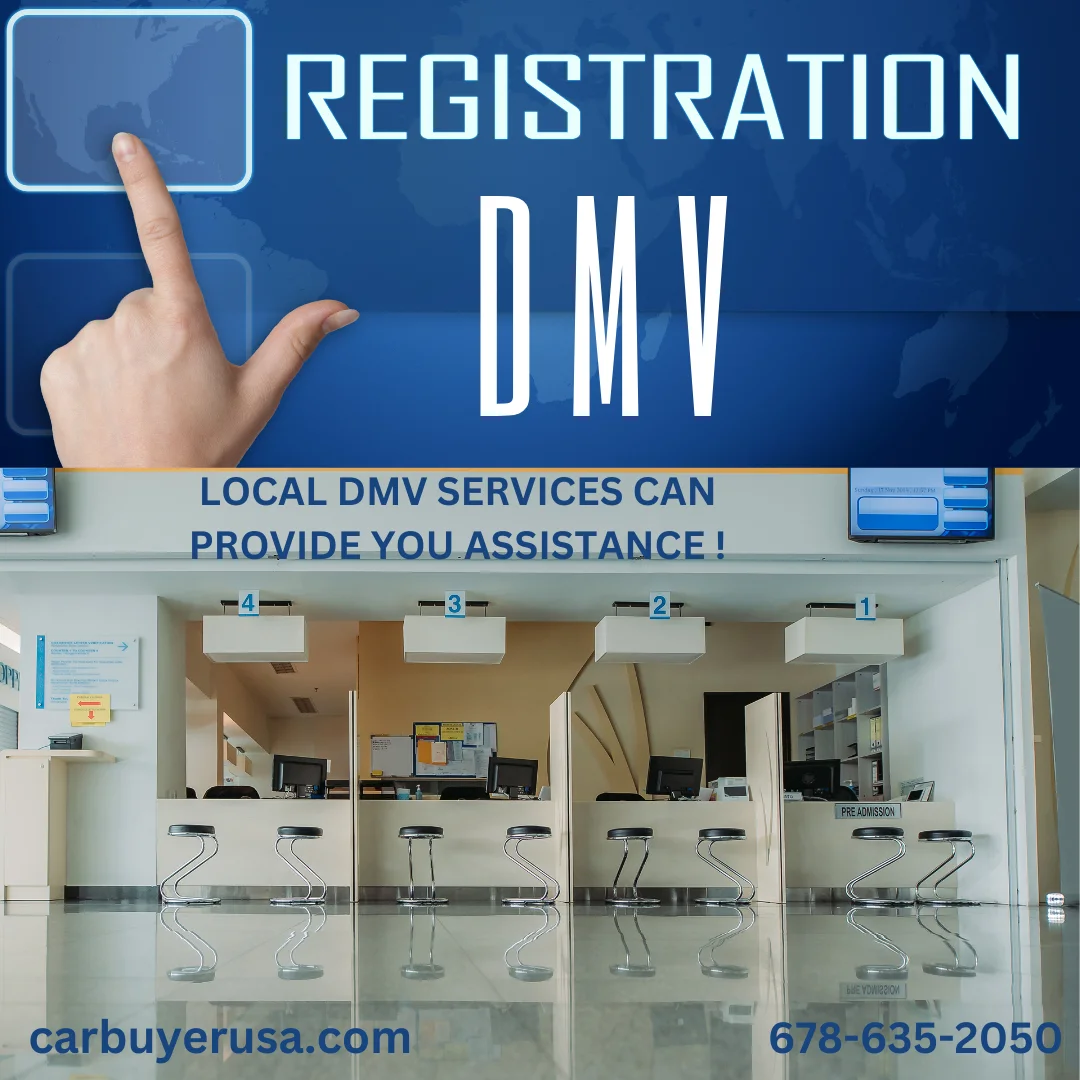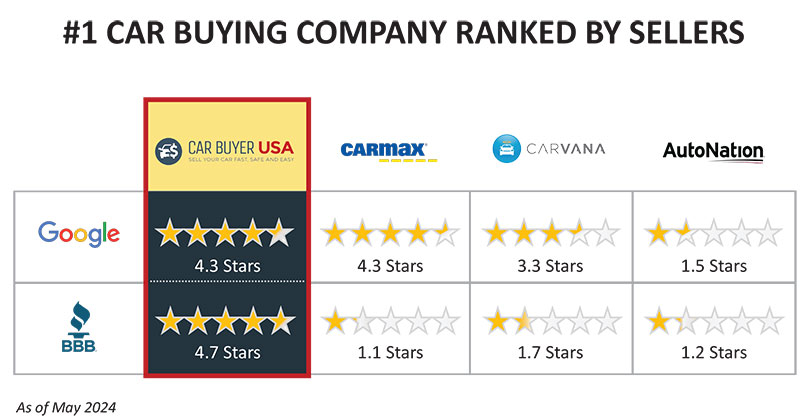
Knowing your state's Department of Motor Vehicles (DMV) contact phone number is more valuable than you might think. The convenience and security it provides can save you time, money, and stress in various situations.
First and foremost, having the DMV's number is crucial for managing driver's license and ID card services. Whether you're renewing, replacing, or updating your driver's license or state ID, a quick call to the DMV can streamline the process. This is especially important if your card is lost or stolen, or if you need to update your address or personal information. Vehicle registration and title services are another area where the DMV's contact number proves invaluable. Registering a new vehicle, renewing your registration, or transferring a vehicle title often requires detailed information and assistance. A phone call can clarify the necessary steps and documentation, ensuring you complete these tasks efficiently.
Scheduling appointments is a common necessity for many DMV services, such as road tests and emissions inspections. Knowing the contact number allows you to easily schedule, reschedule, or cancel appointments, ensuring you get the service you need without unnecessary delays. Additionally, the DMV can provide accurate and up-to-date information on state-specific driving laws, licensing requirements, and vehicle registration guidelines. This is particularly important for new residents or those unfamiliar with their state's regulations, helping them navigate the rules and avoid potential pitfalls.
When problems arise, such as fines, penalties, or administrative errors with your driving record or vehicle registration, speaking directly with a DMV representative can expedite resolution. This helps you avoid legal complications and ensures your records are accurate and up to date. In emergencies, such as a stolen vehicle or lost driver's license, having the DMV's number can be a lifesaver. Immediate access to DMV assistance allows you to secure your information and begin the replacement process without delay. For those needing special permits, such as commercial driver's licenses, learner's permits, or disability placards, the DMV can provide specific requirements and guidance. This ensures you understand the process and have all necessary documentation.
Scheduling, rescheduling, or canceling road tests for new drivers also requires contacting the DMV. They can provide detailed information on what to expect during the test and how to prepare, helping new drivers feel confident and ready. Reporting changes such as name changes, marital status updates, or other personal information adjustments is another reason to keep the DMV's number handy. The DMV can guide you through the required documentation and procedures to update your records accurately.
When selling a vehicle it can be a complex process, fraught with paperwork and legal issues that must be carefully navigated to ensure a smooth transaction. One of the most invaluable resources during this time is your state's Department of Motor Vehicles (DMV). Here’s why keeping the DMV's contact number handy can make all the difference when you’re selling your vehicle.
First and foremost, understanding the title transfer requirements is crucial. The title transfer is the legal handover of ownership from seller to buyer, and contacting the DMV can clarify the specific documents and steps needed to execute this transfer correctly. Failing to adhere to these requirements can lead to legal complications for both parties. Another essential piece of documentation is the Bill of Sale. Some states require that a Bill of Sale be submitted to the DMV as part of the vehicle's transaction record. This document serves as a receipt for the sale and includes critical information about the transaction, such as the sale price and the condition of the vehicle.
Equally important is the release of liability. Once you’ve sold your vehicle, informing the DMV that you are no longer the owner protects you from any future liabilities. This step ensures that any traffic violations or accidents involving the vehicle post-sale do not come back to haunt you. If there are any outstanding issues with your vehicle, such as unpaid fines or a lien on the title, the DMV can guide you on resolving these before completing the sale. Clearing these hurdles is vital to ensure a clean transfer of ownership.
In some instances, the new owner may need temporary tags and registration to legally drive the vehicle before the official documents are processed. The DMV can provide information on obtaining these temporary measures, ensuring that the buyer can use the vehicle immediately. Smog certification and inspection requirements are additional hurdles that might need to be addressed. Depending on your state’s regulations, your vehicle may need to pass certain environmental or safety inspections before it can be sold. The DMV can clarify these requirements and guide you through the process.
Complying with odometer disclosure laws is another critical step. Both federal and state laws mandate that the vehicle’s mileage be accurately disclosed during the sale. The DMV can provide the necessary forms and instructions to ensure compliance. In some states, notarization requirements for certain documents must be met to complete the sale. The DMV can inform you if notarization is necessary and how to go about getting the documents notarized properly.
Understanding the sales tax implications is also essential. The DMV can offer guidance on handling any applicable sales taxes related to the transaction, ensuring that both you and the buyer fulfill your tax obligations. The DMV is a vital resource when selling a vehicle. Keeping their contact number at hand ensures you can quickly and efficiently navigate the myriad requirements and potential issues that arise during the sale. By leveraging the DMV’s expertise, you can ensure a smooth, legal, and hassle-free transaction.
- Alabama Department of Revenue (334)-242-9000
- Alaska Division of Motor Vehicles (907) 269-5551
- Arizona Motor Vehicle Division (602) 255-0072
- Arkansas Office of Motor Vehicle (501) 682-4692
- California Department of Motor Vehicles (800) 777-0133
- Colorado Division of Motor Vehicles (303) 205-5600
- Connecticut Department of Motor Vehicles (860) 263-5700
- Delaware Division of Motor Vehicles (302) 744-2500
- Florida Department of Highway Safety and Motor Vehicles (850) 617-2000
- Georgia Department of Driver Services (678) 413-8400
- Hawaii Department of Transportation Motor Vehicles (808) 692-76543
- Idaho Division of Motor Vehicles (208) 334-8000
- Illinois Secretary of State Motor Vehicle Division (800) 252-8980
- Indiana Bureau of Motor Vehicles (888) 692-6841
- Iowa Department of Transportation Motor Vehicles (515) 244-8725
- Kansas Department of Revenue Motor Vehicles (785) 296-3621
- Kentucky Division of Motor Vehicle Licensing (502) 564-1257
- Louisiana Office of Motor Vehicles (225) 925-6146
- Maine Bureau of Motor Vehicles (207) 624-9000
- Maryland Motor Vehicle Administration (410) 768-7000
- Massachusetts Registry of Motor Vehicles (857) 368-8000
- Michigan Secretary of State Motor Vehicle Division (888) 767-6424
- Minnesota Driver and Vehicle Services (651) 297-2126
- Mississippi Department of Public Safety (601) 987-1212
- Missouri Department of Revenue (573) 526-2407
- Montana Motor Vehicle Division (406) 444-3933
- Nebraska Department of Motor Vehicles (402) 471-3985
- Nevada Department of Motor Vehicles (775) 684-4368
- New Hampshire Division of Motor Vehicles (603) 227-4000
- New Jersey Motor Vehicle Commission (609) 292-6500
- New Mexico Motor Vehicle Division (888) 683-4636
- New York Department of Motor Vehicles (518) 486-9786
- North Carolina Division of Motor Vehicles (919) 715-7000
- North Dakota Department of Transportation:Motor Vehicles (701) 328-2500
- Ohio Bureau of Motor Vehicles (614) 752-7500
- Oklahoma Department of Motor Vehicles (405) 521-3221
- Oregon Driver and Motor Vehicle Services (503) 945-5000
- Pennsylvania Department of Transportation Motor Vehicles (717) 412-5300
- Rhode Island Division of Motor Vehicles (401) 462-4368
- South Carolina Department of Motor Vehicles (803) 896-5000
- South Dakota Department of Public Safety Motor Vehicles (605) 773-6883
- Tennessee Department of Motor Vehicles (931) 380-2548
- Texas Department of Motor Vehicles (888) 368-4689
- Utah Division of Motor Vehicles (800) 368-8824
- Vermont Department of Motor Vehicles (802) 828-2000
- Virginia Department of Motor Vehicles (804) 497-7100
- Washington Department of Licensing (360) 902-3900
- West Virginia Division of Motor Vehicles (800) 642-9066
- Wisconsin Department of Transportation Motor Vehicles (608) 264-7447
- Wyoming Department of Transportation Motor Vehicles (307) 777-4710


